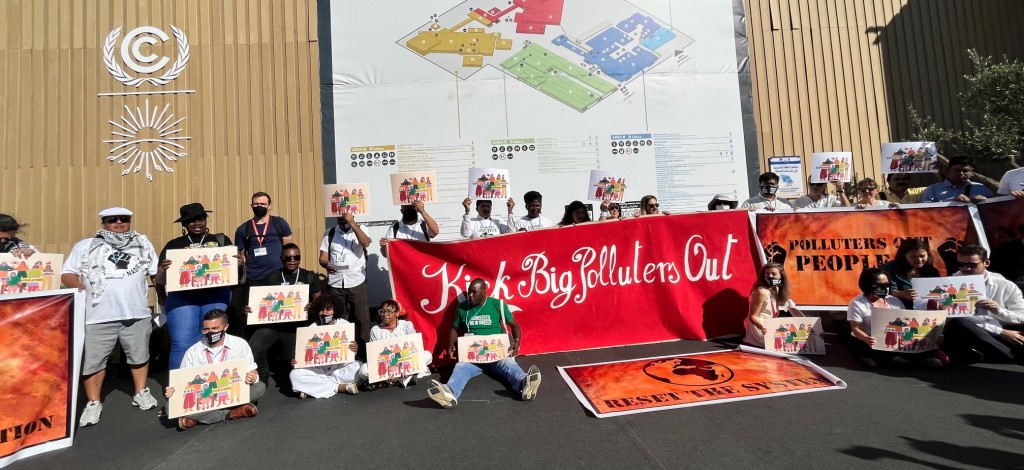Imelda V. Abano
SHARM EL SHEIKH, Egypt–Climate change is affecting the health of people worldwide resulting in a rise in chronic conditions such as heart disease, stroke, lung cancer and respiratory illnesses, according a leading medical publication.
This year’s report launches as countries and health systems grapple with the health, social and economic implications of climate change, which now compound the impacts of global energy crisis and the ongoing COVID-19 pandemic, according to The Lancet Countdown, a leading medical publication of 99 experts from the World Health Organization and University College of London.
Speaking at a side event at COP27, Dr. Marina Romanello, one of the lead authors of the report from the Institute for Global Health at the University College London, warned that the worsening impacts of the changing climate are increasingly affecting global human health.
“ Climate action is the biggest global health opportunity that we have today. Climate action today will not only avert the disasters but also will deliver immediate co-health benefits. Our health and our environment are closely linked,” Romanello explained.
Citing the report, Romanello said climate change is exacerbating food insecurity, health impacts from extreme weather heat, the risk of infectious disease outbreaks, and life-threatening extreme weather events. The delay in the adoption of clean energies has left households dependent on dirty fuels, vulnerable to energy poverty, and exposed to dangerous levels of fuel-derived air pollution.
Fossil fuel dependence, the report said, is not only undermining global health through increased climate impacts, but also affecting human health. As a result, millions of people do not have access to the energy needed to keep their homes at healthy temperatures, preserve food and medication, and and access to affordable energy. An estimated 59 percent of health care facilities in low and middle-income countries still do not have access to reliable electricity needed to provide basic care.
The authors stated that while this is the grim situation, decision makers can still deliver more resilient energy systems, saving at least 1.2 million lives from clean air, 11.5 million lives from healthier diets, reducing energy poverty, and delivering healthier, more liveable cities.
In the run-up to COP27, WHO Director-General Tedros Adhanom Ghebreyesus also warned that climate change is already making millions of people sick or more vulnerable to disease across the world and that increasing destructiveness of extreme weather events disproportionately affects poor and marginalized communities.
“ It is crucial that leaders and decision makers come together at COP27 to put health at the heart of the negotiations,” Ghebreyesus said.
WHO said that between 2030 and 2050, climate change is expected to cause approximately 250,000 additional deaths per year from malnutrition, diarrhea and heat stress. The direct damage costs to health is estimated to be between US$2 to US$4 billion per year by 2030.
This story was produced as part of the 2022 Climate Change Media Partnership, a journalism fellowship organized by Internews’ Earth Journalism Network and the Stanley Center for Peace and Security
Latest posts by Imelda Abano (see all)
- Countries unlock multibillion-dollar fund to counter biodiversity crisis - August 26, 2023
- New World Bank report warns of climate inaction in the Philippines - November 14, 2022
- Climate change severely impacting global health, reports says - November 11, 2022

